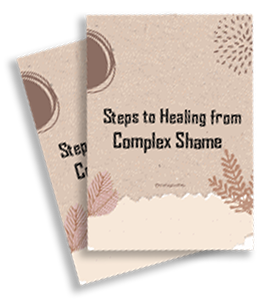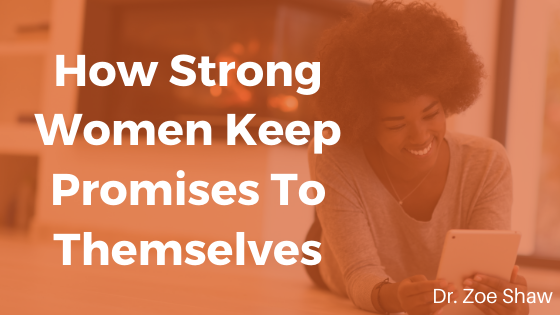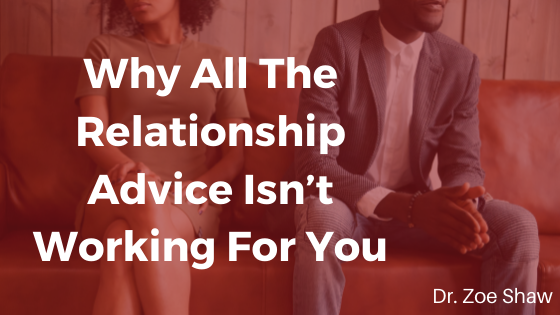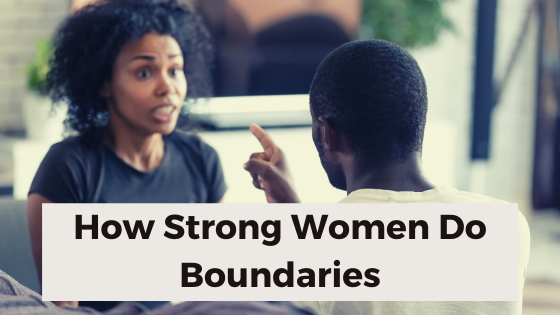I have been listening to relationship podcasts, following other relationship experts on social and all of them give very good advice, but as I have been consuming it, I found myself realizing NONE of it will work with certain relationships. None of it!
That why so many women find themselves frustrated, hopeless and feeling like there is something wrong with them. They are trying all the things and can’t make this relationship work smoothly.
Here is the reason.
All of this relationship advice assumes that you have a partner who is as invested, mature, aware and committed to health and growth as you are. When that is the case, bingo! All that relationship advice will work beautifully. When that isn’t the case. Forget it and it’s not your fault! But there are some things you can do.
I am guilty of giving that same advice. When I am working with couples in couples therapy. It works! I’ve got two people present, invested and dialed in. When they apply the tools, it’s beautiful and they grow quickly. But in another scenario, like the one you may be experiencing, it’s a totally different thing.
Here’s common advice that won’t work with a difficult person:
1. Always put his needs first.
This is excellent, beautiful advice. When both are always putting the other’s needs first, there is a sacrifice and openness to receive experienced by both that is healing, reciprocal and exactly how a marriage is supposed to be. But if only one person is doing it, it is degrading, draining, breeds resentment, loneliness and depression.
There is a deep knowing when a relationship feels out of balance. There are seasons when this is necessary, but if in general, reciprocity isn’t there, then always putting your spouse’s needs first can be damaging.
You are teaching him that you don’t matter, that he isn’t required to give in this relationship and you create the very opposite of what you want. If this is your situation, then the healthiest thing to do is to take very good care of yourself, even if that means sometimes putting your needs ahead of his. When you are filled up, you will find moments and times when you will happily put his needs first, but only if you have taken care of yourself first. This is not selfish, it is self-preserving of both the relationship and yourself.
Another common relationship advice is:
2. Don’t go to bed angry
In general, this is a greater concept. Don’t let the sun go down on your anger, doesn’t mean you have to stay up all night and hash it out. That is an internal state. It’s a personal choice, to release some of your anger before you go to sleep, but that doesn’t mean an issue has to be solved.
It’s easy to say don’t go to bed angry, but what about when you have a partner that doesn’t respect your sleep and you have to get up early. Is it really healthy to toe the line all night long and leave you sleep deprived? If this is an ongoing issue in your relationship. For most, the answer is no.
Relationships are not cookie cutter. Not one is. They are complicated. There are not quick fixes. We can’t control others.
I see the complicated and the complicated is not abnormal, it’s the norm. And I see couple after couple apply relationship advice without addressing the core issues.
See, a healthy relationship is self- supporting. There is room for rest and growth, give and take, you are nourished and you, in turn, provide nourishment. It works. But the opposite is true in an unhealthy relationship.
In this relationship, it can feel a little like a parasite where you are the host. You have to go outside of the relationship to fill yourself up so that you don’t get sucked dry.
Think of someone in your life who drains you (What are you feeling internally?) Now think of someone who fills you up when you’re in their presence. See the difference? It’s important that you recognize those feelings within yourself as you do relationships because that informs how you need to show up in your relationship.
So, be discerning. Learn to be your own healthy voice that is self-caring and relationship caring- that recognizes that your relationship is an entity outside of yourself that you can and should nurture and care for, but that you also have an entire full self that can not be neglected.
Just because most of the relationship advice doesn’t work for you, doesn’t mean that there is no hope for your relationship. There is plenty of health to be had if you do what works for you- not what works for other relationships.
Here’s what to do instead…
So, healthier relationship advice when you are in a difficult relationship should be:
Instead of:
- Conventional advice: Always put your partner first.
- Healthier advice: put the over all health of the relationship first by caring for yourself if reciprocity is not present.
- Conventional advice: Don’t go to bed angry.
- Healthier advice: If there is generally healthy respect for your sleep, and continuing a discussion late into the night has proven beneficial to your relationships, do it. Otherwise, practice some self-care. Purge as much as you can in a journal or simply send a text to yourself and go to bed. But don’t bury it. Make sure you address it the next day.
- Conventional advice: Use I statements.
I don’t have opposite advice here. Yes, keep using I statements! Always use I statements because that is you taking ownership of your feelings, thoughts and emotions and it is not blaming. No matter what kind of relationship you are in, use I statements.
I statements, simply mean using the word “I” instead of “you” when you are having a potentially emotionally laden conversation. When you say “I felt confused when you told me that you don’t like it when I wear the pink crop top that you got me for my birthday.” You are taking ownership of your feelings.
When you say “You made me feel confused…” you are blaming and elicit a defense response in your partner.
So I statements always.
- Conventional wisdom says: Be the first to say sorry
- A healthier response: Don’t take ownership of a transgression you didn’t make. Only say sorry if you know you have truly done something inappropriate. If visiting your mother, who you don’t see often, took time away from your family and your spouse is upset about it- what you don’t need to do is apologize. Instead, show empathy for his feelings. “ I can see that you feel angry or hurt by my choice and that makes me sad, but it was important for me to see my mother and I hope that you can support that.”
Some people say sorry as a means of peacekeeping. You may think you are fostering connection and expressing care to your spouse by an apology, but what you are actually doing is creating distance. You are colluding with your partner that you have done something offensive and it supports a righteous anger in your partner that isn’t warranted. It additionally gives him permission to feel this way everytime you go visit your mother and you are left feeling unseen, misunderstood, devalued and angry. Don’t do that. Speak the truth even though it creates tension. Over time, it will create freedom.
Bottom line, you’re not broken just because the traditional relationship advice won’t work for you. You don’t have to end the relationship just because the traditional advice won’t work for you. But you do need to care for yourself and apply healthier advice for your situation.
Here’s my weekly homework for you to reflect on:
Ask yourself:
- Is my partner as invested in growth and change in our relationship as I am? Or is he happy with the status quo?
- Does my partner agree with me about what our issues are?
- Have I even had a discussion with him about what our issues are?
If the answer is yes, then apply common, sound relationship advice and it will work. If the answer is no, then apply my healthier options and find ways to care for yourself just as much as you invest in the relationship.
Remember, we’re not fixing them, we’re fixing you and that changes everything!

Subscribe and Heal your Relationships.
You deserve a healthy, loving relationship and it starts with You. Learn how to untangle
Complex Shame™ and co-dependency to finally have the beautiful, secure relationship with
yourself and others that you’ve always wanted.
Subscribe and as a thank you, I’ll send you the Steps to Healing from Complex
Shame™.













